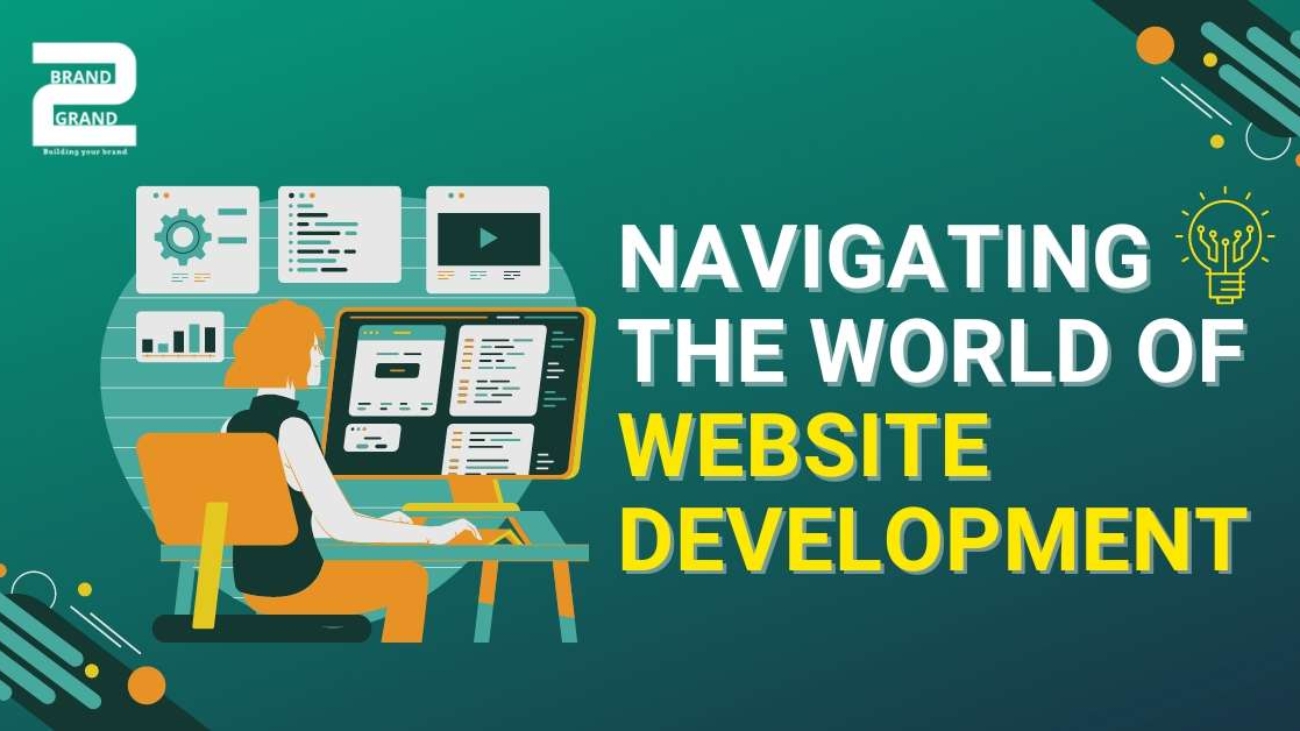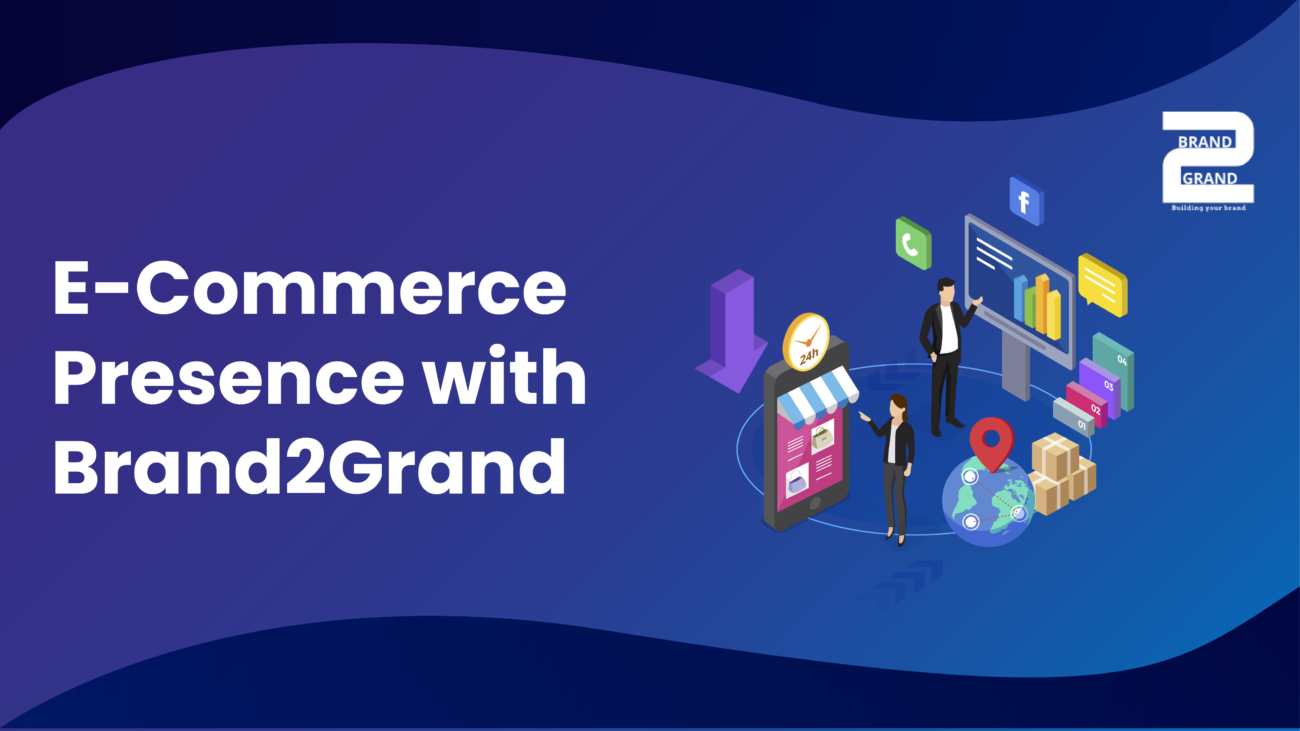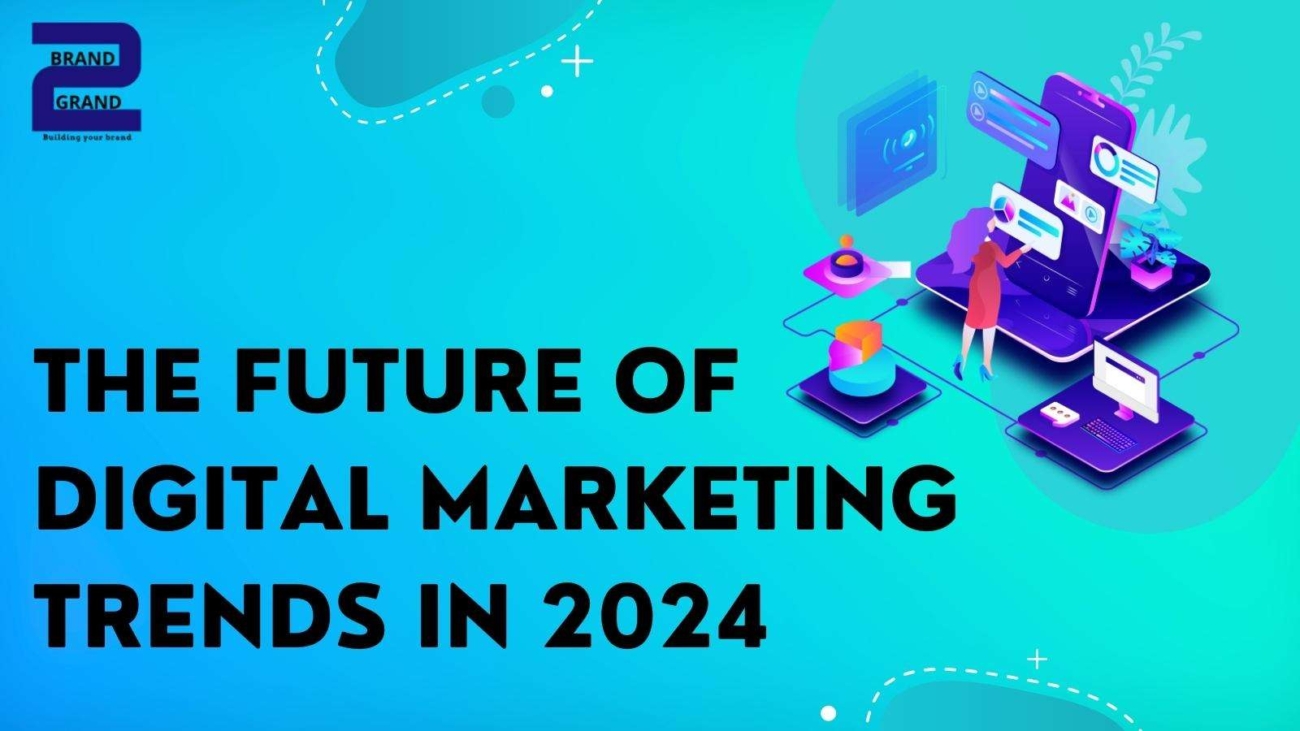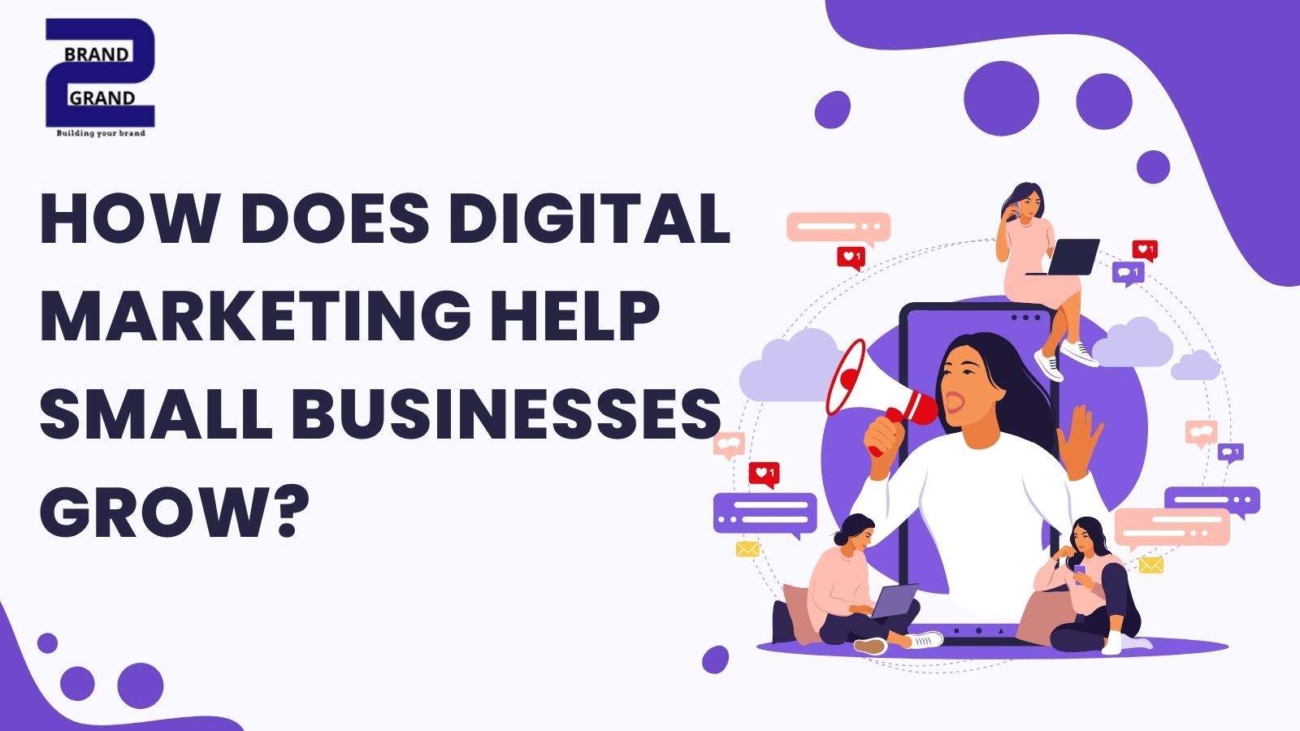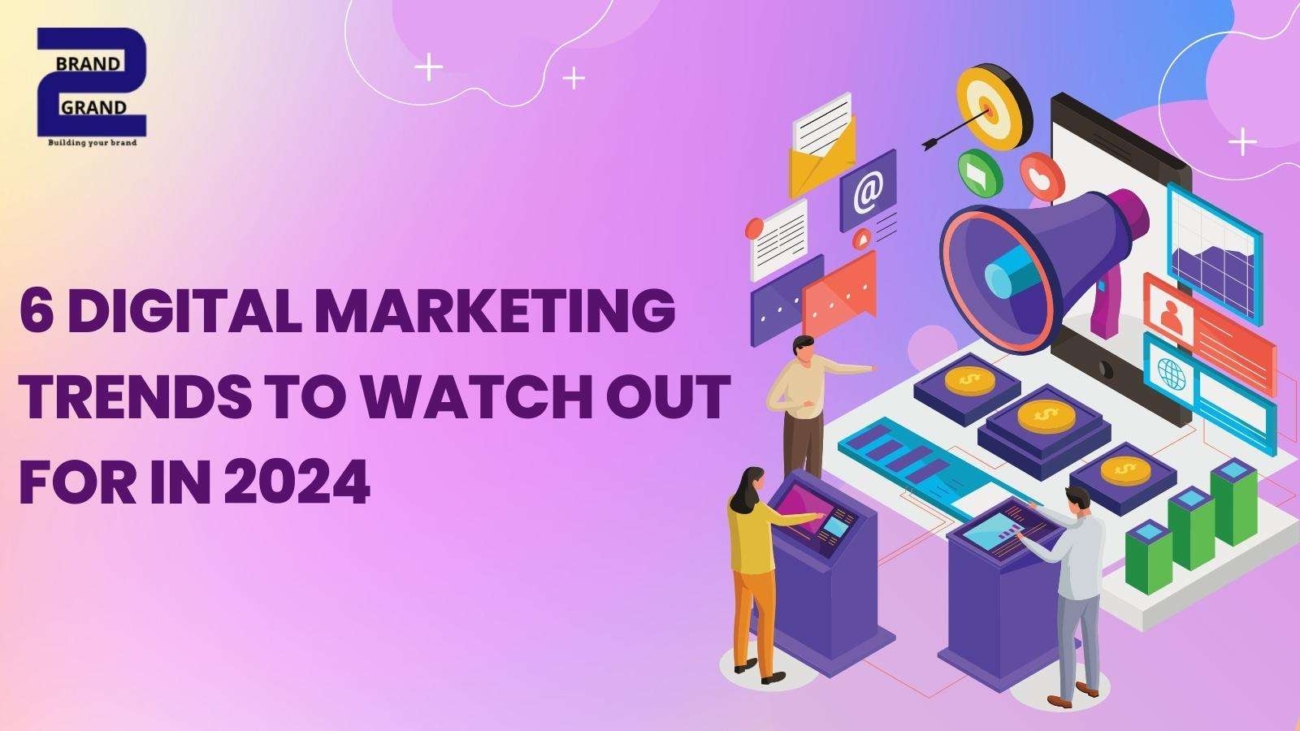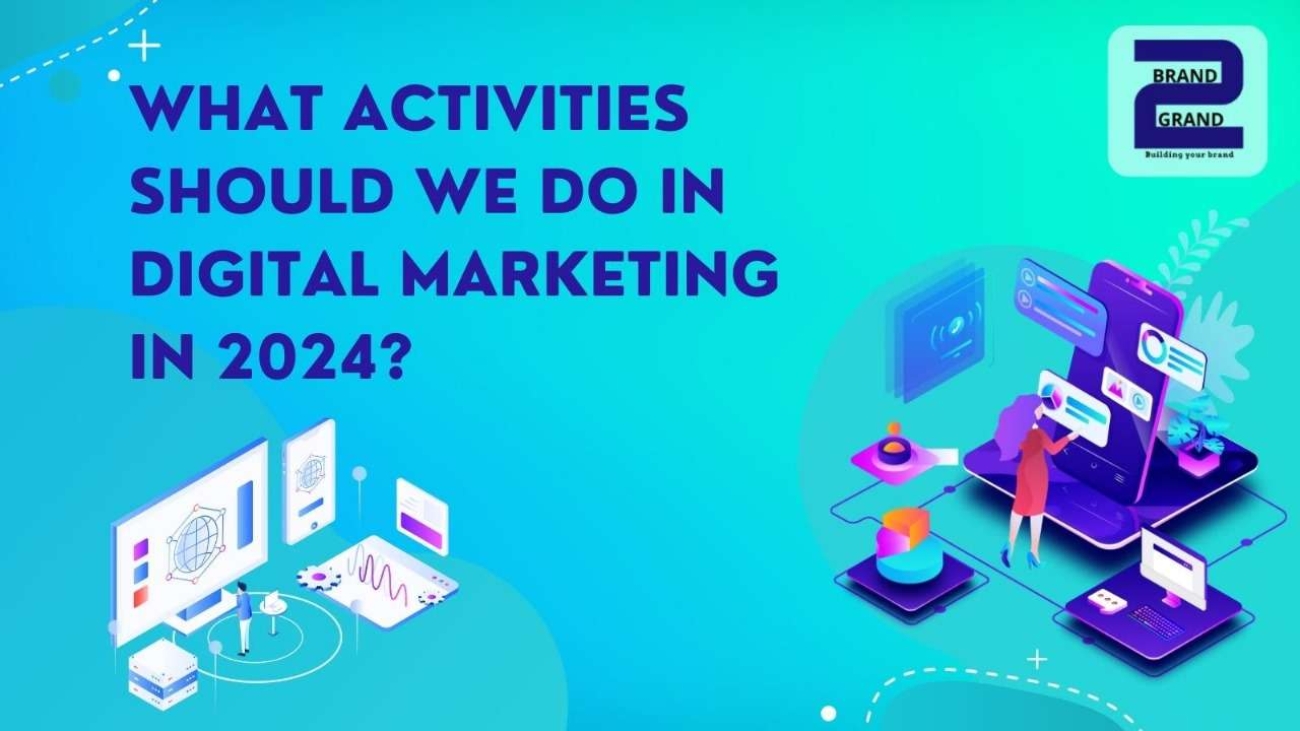In the current digital era, a company’s ability to succeed depends on its online presence. Regardless of the size of your company—startup, small, or large—your website acts as the online representation of your brand. It is the location where prospective clients may contact you, make purchases, and discover more about your goods and services. However, navigating the world of website development can be confusing due to the abundance of possibilities. Brand 2 Grand Promotions Pvt Ltd can help with that.
Based in the heart of Gurugram, Haryana, at 829, 8th Floor, Tower B3, Spaze i-Tech Park, Sector 49, Brand 2 Grand Promotions Pvt Ltd is your trusted partner for all things related to website development. With years of experience and a team of skilled professionals, we specialize in creating bespoke websites tailored to meet the unique needs of our clients. But before diving into the process, let’s explore the different types of website development:

Static Websites:
Simple webpages created with HTML and CSS are known as static websites. They are perfect for small organisations or individuals searching for an affordable option because they are straightforward and simple to make. Nevertheless, they need manual labour and lack dynamic content.

Dynamic Websites:
Compared to static websites, dynamic websites are more intricate and engaging. They create dynamic content using server-side programming languages like PHP and ASP.NET. Because of this, they are more flexible and interactive, which makes them appropriate for companies with a lot of material or frequent updates.

E-commerce Websites:
E-commerce websites are virtual shops that let companies offer goods or services to clients directly. Typically, they have features like shopping carts, secure payment methods, and product listings. E-commerce websites can be developed with platforms such as WooCommerce and Shopify, or with custom solutions made to fit particular business requirements.

Content Management Systems (CMS):
For managing the content of websites, content management systems such as WordPress, Joomla, or Drupal offer an intuitive user interface. They eliminate the need for coding expertise by enabling users to create, edit, and publish material with ease. CMS websites are ideal for companies of all sizes since they are very scalable and customisable.

Responsive Websites:
A responsive website is essential due to the rising use of mobile devices. Websites that are responsive are made to adjust to various screen sizes and devices, giving users the best possible viewing experience. They make use of strategies like flexible pictures and fluid grids to guarantee that the information and layout adapt to different devices without breaking a sweat.
At Brand 2 Grand Promotions Pvt Ltd, we understand that every business is unique, and there is no one-size-fits-all solution when it comes to website development. That’s why we work closely with our clients to understand their goals, target audience, and budget to create customized solutions that drive results. Whether you’re looking to build a simple static website or a complex e-commerce platform, we’ve got you covered.
Ready to take your online presence to the next level? Contact Brand 2 Grand Promotions Pvt Ltd today at 087872 96652 or visit us at our office in Gurugram, Haryana, and let’s discuss how we can help bring your vision to life. With our expertise and your ideas, the possibilities are endless.

